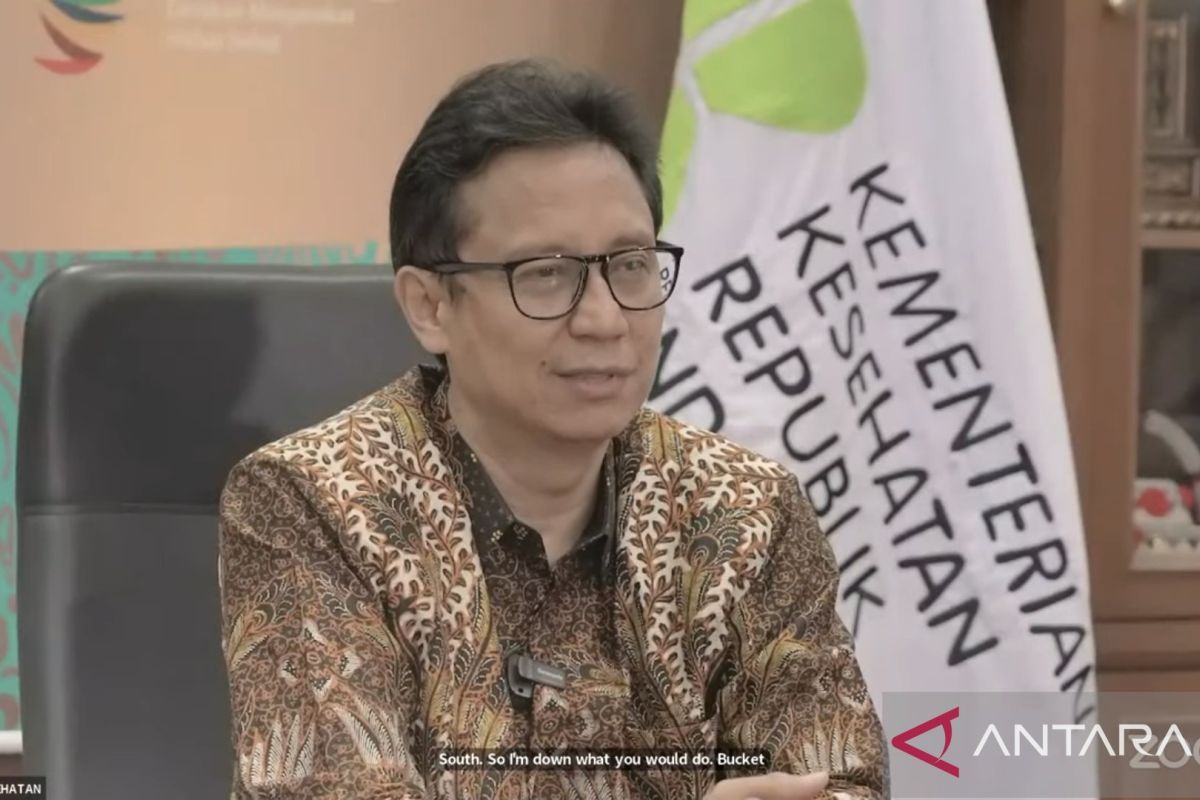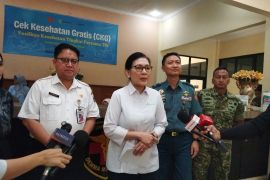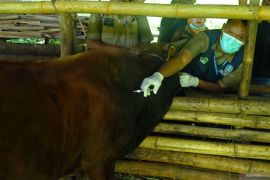We will ensure that hepatitis tests and treatment are available for all.Jakarta (ANTARA) - Hepatitis is a serious threat that must be addressed without delay through early detection and integrated treatment, Health Minister Budi Gunadi Sadikin has said.
"This is a serious challenge that we must overcome. On this World Hepatitis Day, I would like to emphasize the importance of early detection and integrated treatment of hepatitis," he added while opening an event held to mark the 14th World Hepatitis Day in Jakarta on Friday.
The minister said that more than 350 million people worldwide are suffering from hepatitis, with 9 out of 10 patients not even aware of their condition.
Hepatitis is the main cause of liver cancer and the fourth leading cause of death linked to cancer, he highlighted.
"There are not enough reasons for hepatitis to go undiagnosed and untreated when effective interventions are actually available," Sadikin observed.
He said that his ministry is committed to eliminating hepatitis in Indonesia using a comprehensive strategy, which includes increasing access to support the early detection of hepatitis, providing adequate treatment and vaccines, and strengthening surveillance, especially among pregnant women and high-risk groups.
The minister also emphasized that cross-sectoral and stakeholder cooperation are vital for achieving positive results.
"Now is the time for us to move together. We will ensure that hepatitis tests and treatment are available for all," he added.
On the same occasion, director general for disease prevention and control at the ministry, Maxi Rein Rondonuwu, said that Hepatitis B and C are still a problem in Indonesia.
The 2013 Basic Health Research (Riskesdas) data pegged the prevalence of Hepatitis B at 7.1 percent and Hepatitis C at 1.01 percent.
"Hepatitis is a disease that can be transmitted and can cause both (Hepatitis B and C) to become chronic," Rondonuwu pointed out.
Therefore, he said, the ministry will seriously respond to hepatitis cases by conducting countermeasures through an integrated program.
The first measure will be Hepatitis B screening, especially among pregnant women, in collaboration with health service units. It will include screening for HIV and syphilis.
Next will be Hepatitis C screening of at-risk populations, especially HIV-positive people, injecting needle users, and hemodialysis patients.
This will be followed by carrying out Hepatitis B immunization for newborns as a national movement and administering the Hepatitis B Immune Globulin (HBIG) to infants and mothers whose Hepatitis B screening results are reactive, he said. Treatment will also be provided to pregnant women who meet the requirements to be given Hepatitis B antivirals, Rondonuwu added.
The theme of the 14th World Hepatitis Day is "Immediate Test and Treatment for Hepatitis Without Waiting."
"This year's commemoration aims to increase public knowledge and awareness on the prevention and control of hepatitis," he said.
Translator: Andi Firdaus, Resinta S
Editor: Arie Novarina
Copyright © ANTARA 2023












